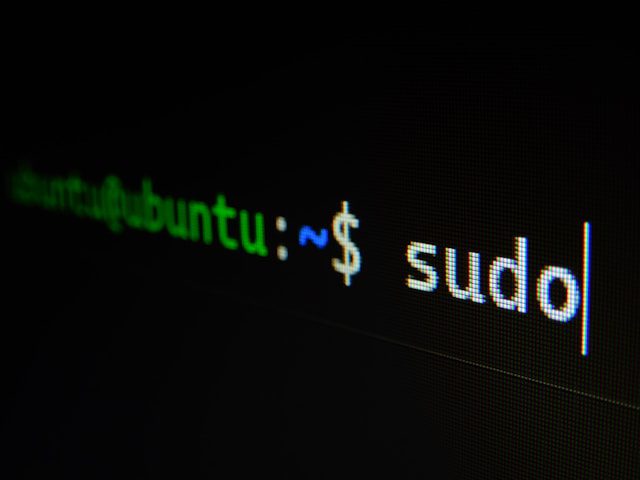
An independent security researcher published the technical details and a proof-of-concept (PoC) code for a vulnerability, identified as CVE-2023-3390, which has been discovered in the Linux kernel, leaving systems susceptible to local privilege escalation attacks. This flaw, with a CVSS score of 7.8, enables attackers who have already gained low-level access to a system to elevate their privileges to the highest level, potentially granting complete control over the affected machine.

The Flaw and Its Impact
The vulnerability resides within the kernel’s netfilter subsystem, responsible for packet filtering and network address translation. By manipulating a reference count within the nft_parse_register function of the nf_tables_api.c file, an attacker can trigger a use-after-free vulnerability. This can then be exploited to execute arbitrary code with root privileges, the most powerful user account on a Linux system.
Affected Systems
Debian 11, which utilizes the Linux Kernel 5.10, is among the confirmed affected versions. However, it is crucial to note that the vulnerability could potentially impact other Linux distributions and systems running the same or similar kernel versions.
Exploit Code Publicly Available
The severity of the CVE-2023-3390 flaw is heightened by the recent publication of a detailed technical analysis and proof-of-concept (PoC) exploit code by an independent security researcher collaborating with SSD Secure Disclosure. This exploit demonstrates the practical feasibility of the attack, highlighting the urgent need for remediation.
Recommendations
System administrators and users are strongly advised to apply the latest security patches for their Linux distributions as soon as possible. Additionally, it is essential to adhere to security best practices, such as minimizing user privileges and implementing strong password policies, to mitigate the risk of initial compromise that could lead to exploitation of this vulnerability.